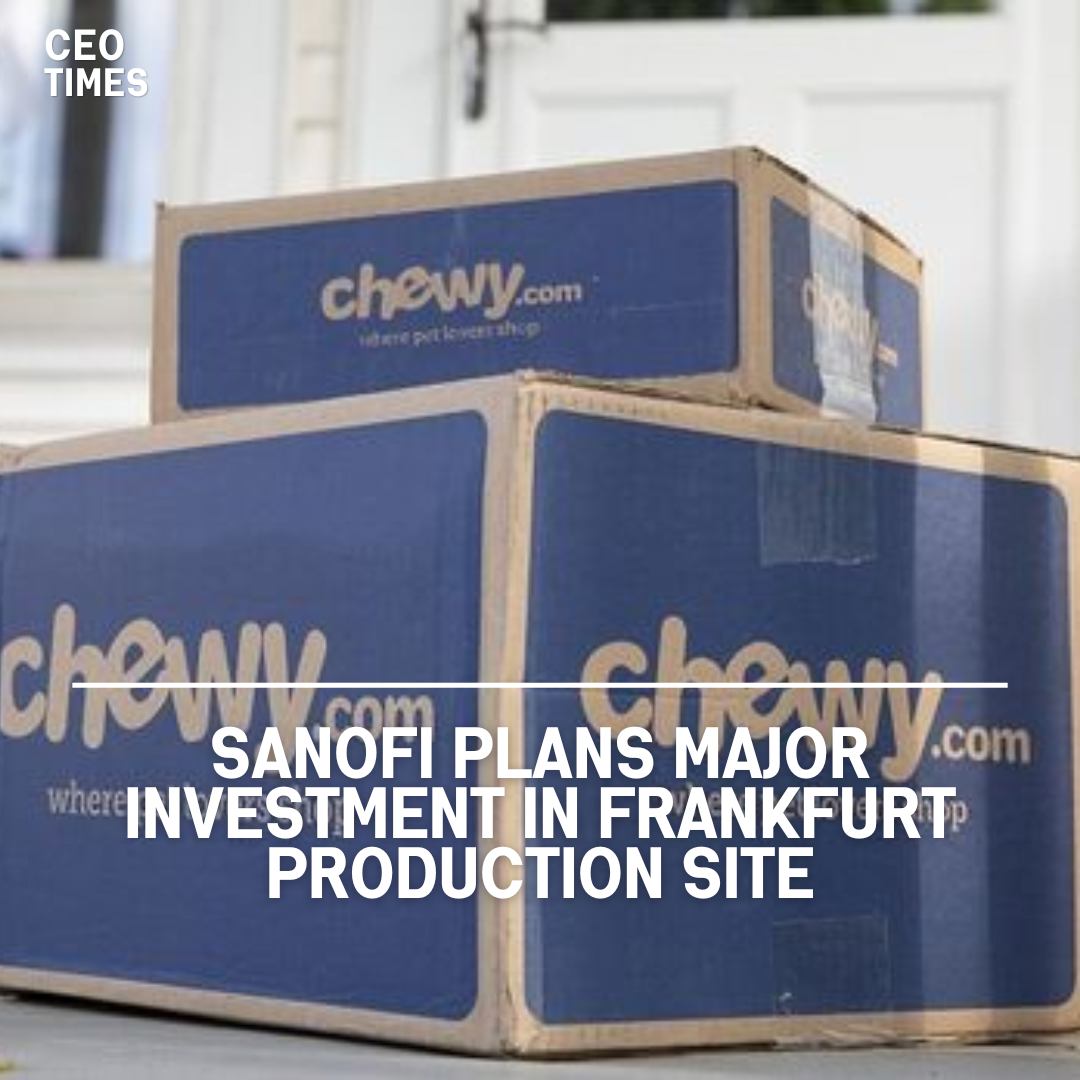Carvana, an e-commerce platform for buying and selling used cars, has seen its shares soar over 500% in the past year, reaching a new 52-week high of $136.92.
Founded in 2012 and going public in 2017, the company’s growth trajectory has been impressive, though it faces significant challenges and mixed analyst predictions about its future.
Founding and Early Success:
Founded by Ernie Garcia in 2012 and headquartered in Tempe, Arizona, Carvana quickly established itself as a leading player in the used car market. The company earned $5.587 billion in revenue in 2020 and landed on the Fortune 500 list in 2021.
CFO Mark Jenkins, a former finance professor at the Wharton School of the University of Pennsylvania, has been a key figure in Carvana’s financial strategies since joining in 2014.
Challenges and Debt Concerns:
Despite its rapid rise, Carvana hit significant roadblocks in 2022. The company accumulated substantial debt, and high interest rates on car sales and loans negatively impacted its sales.
This led to bankruptcy concerns and a plummet in stock price to an all-time low of $3.55 on December 7, 2022, a stark drop from its record high of $370.10. Consequently, Carvana was forced to restructure its debt.
Analyst Perspectives:
Some analysts, such as Joel Lim from Trading.biz and JPMorgan, remain optimistic about Carvana’s prospects. JPMorgan reiterated its overweight rating on Carvana with a price target of $150, indicating confidence in the stock’s continued momentum. Lim suggests that CVNA stock will likely remain a strong portfolio addition for the year’s second half.
Cautious Optimism:
Wedbush Securities has a more measured view. While acknowledging the company’s significant improvements in technology and process efficiency over the past six months, they note that future efficiency gains appear limited.
Seth Basham, a managing director at Wedbush, maintains a tepid rating and a 12-month price target of $120. Basham highlights Carvana’s operational intensity, which includes hiring staff for car acquisition, reconditioning, logistics, and customer service.
He believes that while the company has made remarkable progress, achieving further significant improvements in profitability will be challenging.
Operational Intensity and Scalability:
Basham notes that, unlike tech companies, Carvana’s business model is very “operationally intensive” and does not scale easily. This involves significant logistical and staffing requirements for car acquisitions, reconditioning, and customer service.
Despite the recent improvements, scaling operations beyond the current level will be difficult. He emphasizes that while Carvana’s turnaround has been impressive, replicating the recent profitability improvement over the next 18 months will be nearly impossible.

















